
|
|
|
|
|
COUNTRIES, CULTURES, HISTORY / Hungary / Landscapes / Cserehat / Rakaca
[1] [2] [3] 4 [5] [6] [7] [8] [9] [10] [11]
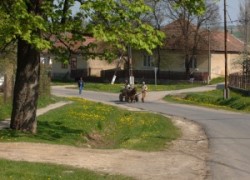
|
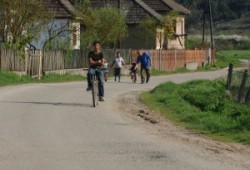
|
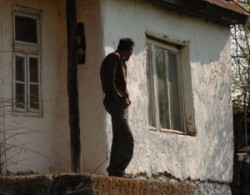
|
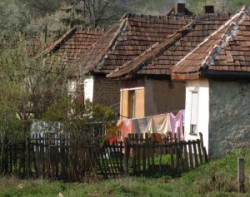
|
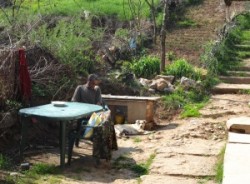
|
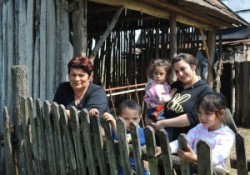
|
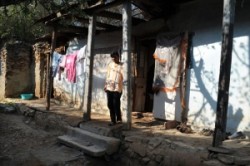
|
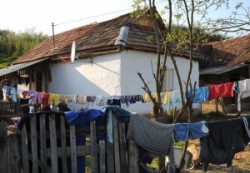
|
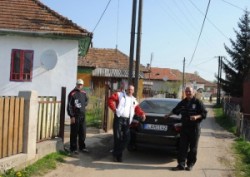
|
The settlement is located close to the basin of the valley of the Rakaca stream, on the territory of which was once Borsod-county. Rakaca inherited its Slavic name from a stream traversing the village, a stream that was land marked in the 1249 perambulation.By the first half of the 20th century the settlement was flourishing: it had its own Greek-Catholic public school, general practitioner and post office.Today Rakaca is inhabited by a larger gypsy population cut off from the outside world, deprived of any chances of employment, hoping for outside help to improve their living conditions. |
Related topics
TornabarakonyPerkupa Hunarian Village
Roman Catholic Church,| TornaszentandrÃĄs
BÃģdvalenke
Landscapes of CserehÃĄt
Rakaca Lake
Rakacaszend
Szalonna
SzendrÅ
SzÃķgliget
Martonyi
Meszes
Tornaszentjakab
BÃģdvarÃĄkÃģ
BÃģdvaszilas
